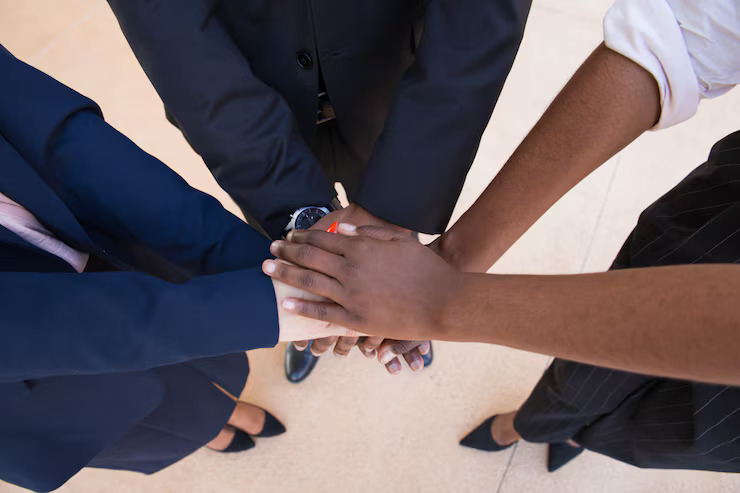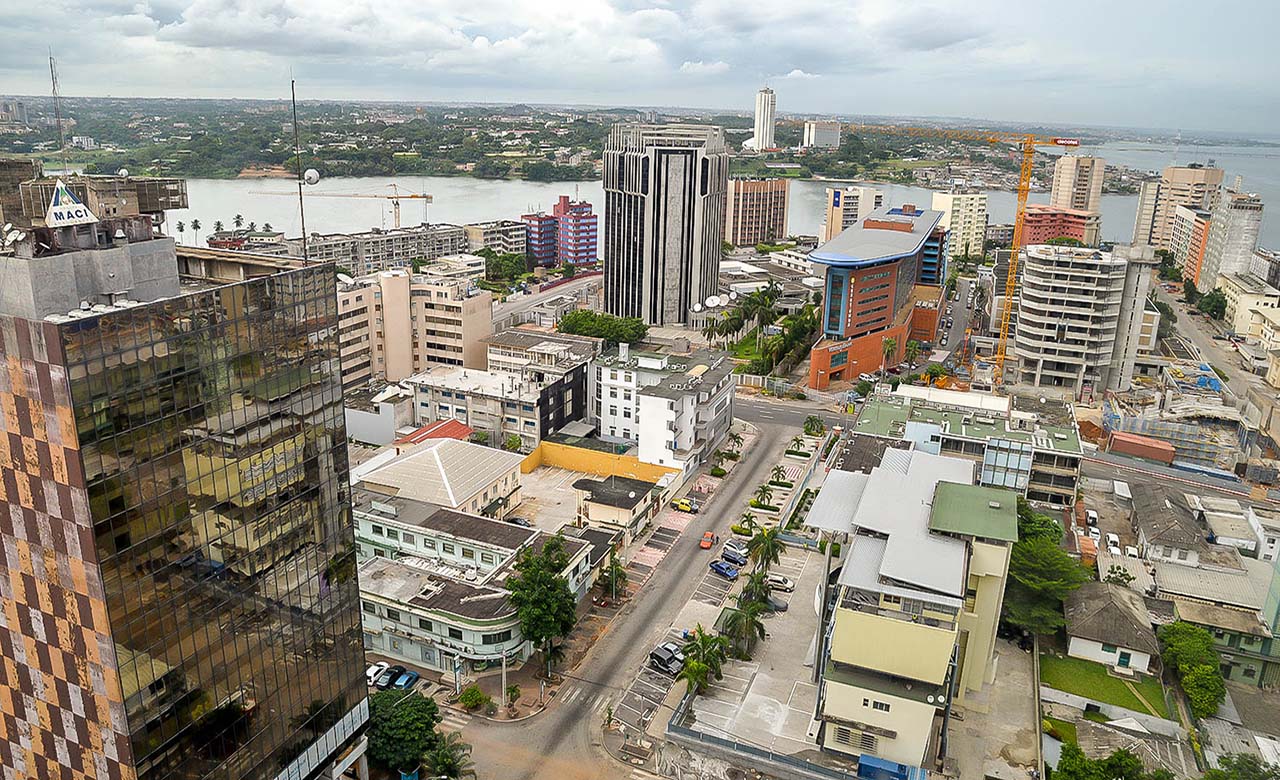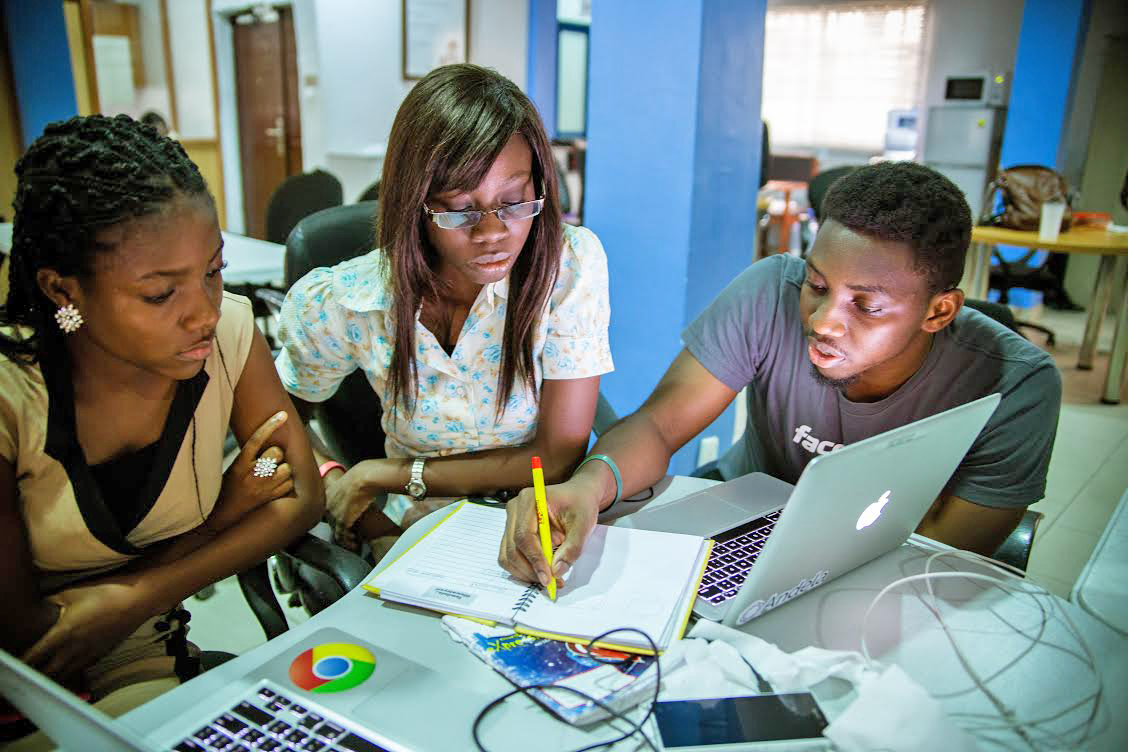Ever heard about Doria, Thomas?
Sadly, too many of us have. I do not know their daughter, who is getting married on Sunday, but have been confronted with a flood of news and fake news about the parents of the bride. They have no choice but to endure the spotlight of judgement as the international media scrutinise every aspect of their lives.
The public’s obsession with the wedding of American actress Meghan Markle and “Prince Harry”, also known as His Royal Highness Prince Henry of Wales, has become an excuse for reporters and photojournalists to abandon morals and rush to invade the bride’s relatives’ privacy. It is almost impossible to avoid reports detailing the most intimate matters of the bride’s immediate family, if you watch television or use print or online media to keep informed about current affairs.
Refusing to watch or read about the “Royal Wedding” this weekend and to participate in water cooler talk about any aspect of the celebration, I plan to take a stand against the paparazzi, against the tabloid media and against human rights violations. The connection between human rights and the royal wedding? Privacy must be seen in the context of human dignity, a right which is recognised in the United Nations Declaration of Human Rights and other international treaties.
Article 17 of the International Covenant on Civil and Political Rights (ICCPR) states that nobody “shall be subjected to arbitrary interference with his privacy […] nor to attacks upon his honour and reputation”. Everybody “has the right to the protection of the law against such interference or attacks”. No matter how desperately nosey “royal watchers” fumble for excuses to spy on monarchs and their associates, their intrusion violates a fundamental human right.
I am no monarchist. Quite the opposite. I could easily list a number of negative consequences the preservation of archaic structures like monarchies has for humanity, but none of them provide an acceptable excuse for forgetting my manners and supporting unethical, money-hungry media outlets that not only satisfy the public’s appetite for scandals but also actively fuel the desire for destructive gossip whenever it begins to wane. Being critical of the concept of excessive power or excessive wealth in the hands of a privileged elite, royal or not, is no excuse for encouraging the rumour mill which unfairly damages people’s reputations and threatens the emotional wellbeing of those who suddenly find themselves subject to public, international scrutiny.
Imagine your sibling rivalries being judged by the world. Imagine reading speculations about your father’s health or overhearing people whose life is dominated by idle gossip debate his ethics. Imagine reporters digging through your rubbish to find clues about your private life and bribing your friends to betray your trust, then aiming a tele-focus camera lens at your bedroom window. How low do we, mass media consumers, sink for the sake of entertainment? Even reputable newspapers now jump on the royal bandwagon, compromising their morals to profit from the “hotly anticipated” wedding. As far as I am concerned, whether or not the father of the bride will walk her down the aisle is none of my business. Neither is the financial situation of the bride’s extended family or their relationships with each other. I refuse to discuss the wedding cake, guest list or who paid for what.
We may condemn the paparazzi’s unethical behaviour, but it is consumers of a product called “gossip”, who fuel this immoral, destructive industry. Surely, we can find better ways to spend our time and hard-earned money than sponsor those who make a living by prying into the private lives of others. It is up to the royal family, to celebrities, politicians and any other public figures to decide how much of their privacy they wish to trade in for publicity.



